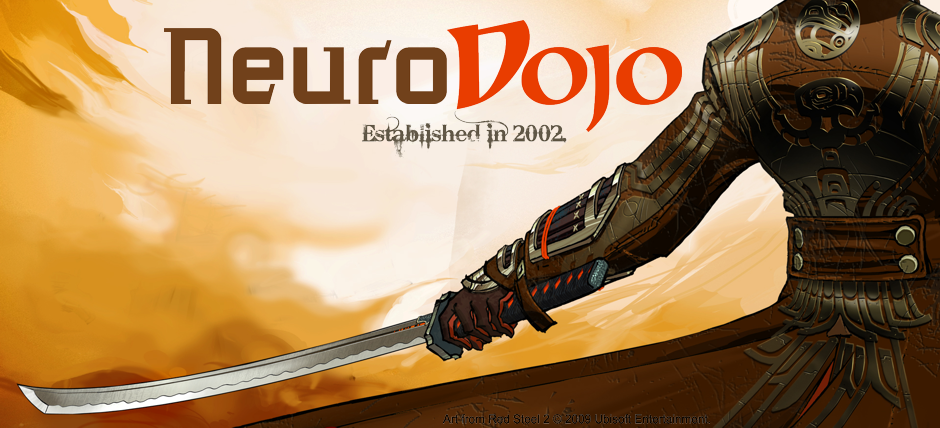- "This work could have practical applications." Maybe it will and maybe it won't, but that's not why you did the research, is it, you fibber? You did it to test the dominant theories. It might be a dominant theory in the field that you want to support, it might be a little upstart theory that you think makes no sense or attacks your findings. Most scientists are scientist entirely because they love the ideas. It's the engineers' job to worry about practical applications.
- "I'm just following the data." The idea that scientists are dispassionate observers does not, in any way, jive with my experience woking with scientists. I've seen and read too many arguments from researchers studying the origin of bird flight to be convinced otherwise. (It seems, from a distance, to be one of the most polarized, divided into us and them warring intellectual camps that you'll find anywhere.) Scientists I know are very often emotionally attached to their theories. After all, as I mentioned a while ago, people like to have their beliefs confirmed. But if you understand science in a deep-in-your-bones kind of way, you know that you have to try to murder your darlings. You have try to strangle your absolute best to see if they really hold up.
- "Introduction - Materials and Methods - Results - Discussion/" This is the standard format of scientific papers. It's supposed to reflect the order of events that goes on in performing research. Ha! More like, "Methods, preliminary results, more methods, results we had to throw out because equipment broke / animals died / grad student didn't take measurements when he was supposed to / supervisor didn't take measurements that she was supposed to, more methods, statistical analysis of results so far because the poster for the upcoming conference is due next Tuesday, more methods trying to fix the criticism you got from the conference poster, results that you might actually be able to trust, start researching discussion, write introduction to make it seem that this experiment was designed to test a theory that you weren't even aware of until you started researching the discussion."
(This post inspired by several similar ones over at Guy Kawasaki's blog.)

No comments:
Post a Comment